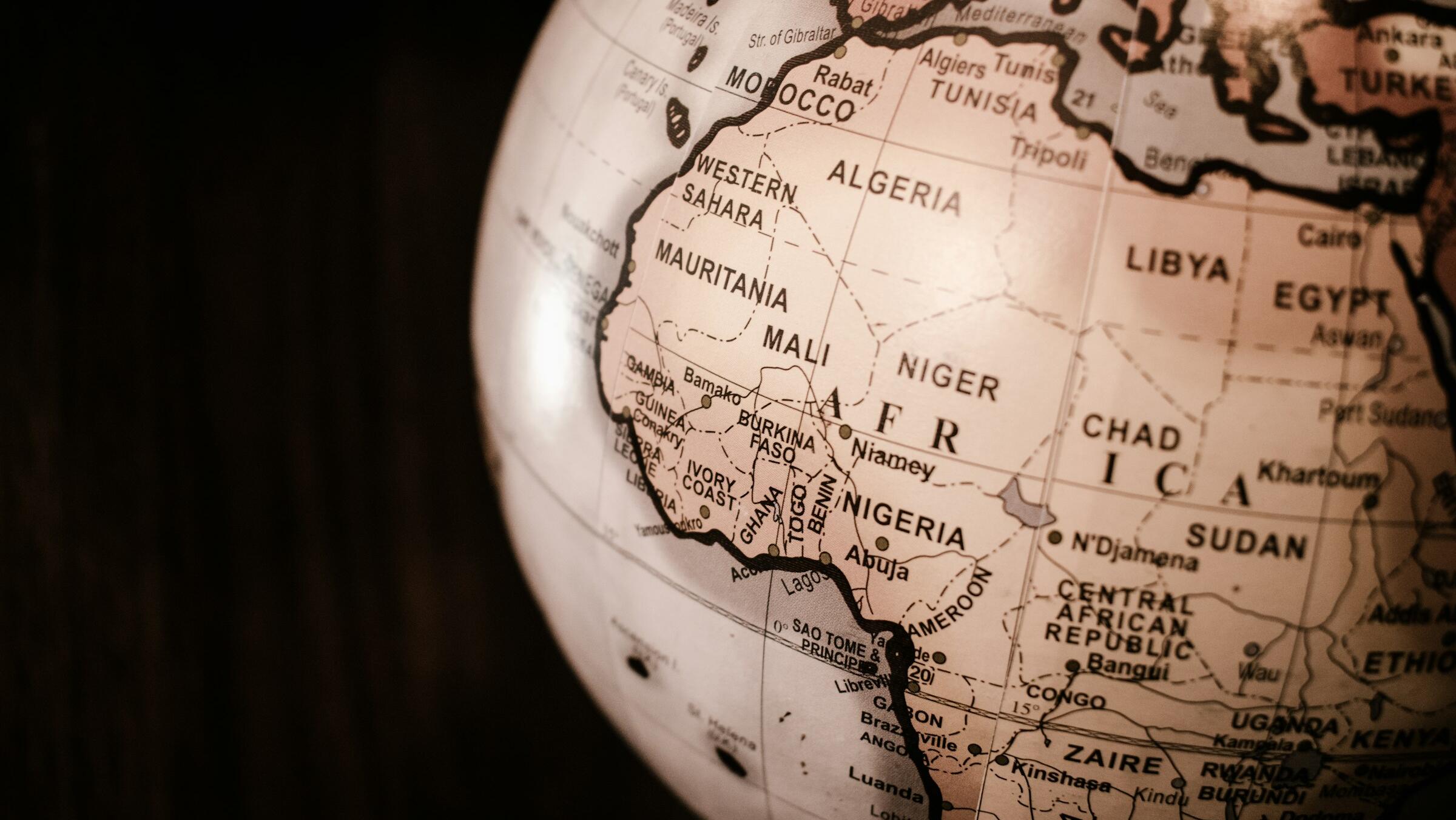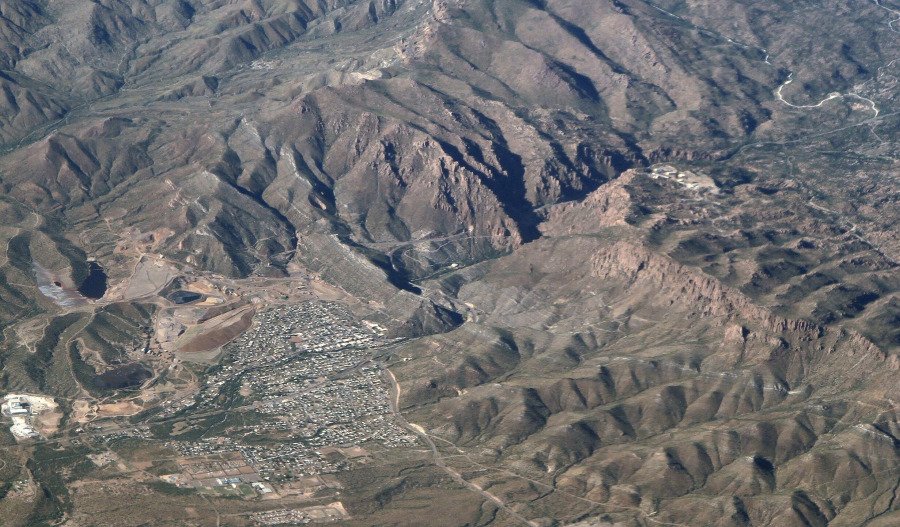The United States government is preparing to launch a US$5 billion (A$7.48 billion) critical minerals fund through its International Development Finance Corporation (DFC), partnering with New York investment firm Orion Resource Partners to challenge China's control over supply chains, according to Bloomberg.
China processes most of our world's copper, rare earths and antimony, leaving Western supply chains exposed to Beijing's economic coercion - which is being strategically weaponised in the U.S.-China trade war.
Read more: Mission Critical: The gravity of China's rare earths bans
DFC funding could be expedited at pace to support research, exploration and mine development as the West races to catch up to China's technological leads.
Beyond that, it faces market headwinds too, which point to shortages of key metals due to falling ore grades, under-investment and slow permitting processes across Western jurisdictions (including Australia).
Key catalysts:
- China accounts for ~70% of global rare earth production and 87% of rare earths refining capacity
- Market share of the top three refining nations rose from 82% in 2020 to 86% in 2024
- 90% of supply growth came from single suppliers: Indonesia for nickel, China for cobalt, graphite and rare earths
- Lithium demand surged 30% in 2024, while nickel, cobalt, graphite and rare earths grew 6-8%
Both parties would contribute equal amounts to the fund, with the DFC committing $2.5 billion - its largest single investment since inception - while Orion manages about $8 billion in mining assets across copper, cobalt and precious metals.
When recent Chinese export bans on seven critical elements disrupted supply chain operations across Western manufacturing, the Defence Department scrambled and began stockpiling materials such as cobalt for the first time since the Cold War.
Now, with a US$5 billion war chest, this new proposed fund not only follows the Trump administration's own and somewhat meagre $400 million commitment to domestic rare earths miner MP Materials under a supply guarantee, - it also marks a statement of Washington's determined effort to rebuild domestic capabilities after decades of dependency on Chinese processing.
One would hope the government will also look to clear the bureaucratic development pathway for companies, too.
The clock is ticking. That's because the West's only operational rare earths processor, Lynas Rare Earths (ASX: LYC), outputs just a fraction of Chinese capacity.
Orion's track record includes a $1.2 billion venture with Abu Dhabi's ADQ sovereign wealth fund, providing blueprints for government partnerships, and it's currently engaged in talks to acquire a copper-cobalt miner in the Democratic Republic of Congo.
The DFC's record shows it has deployed capital through targeted investments, including a US$150 million loan to ASX-listed Syrah Resources for a graphite mine in Mozambique that supplies Tesla and another $550 million financing for Lobito Corridor rail upgrades in central Africa.
"These talks show that the Trump administration is trying to align its financial tools with its mineral ambitions," CSIS director Gracelin Baskaran said.
Global competition intensifies
Saudi Arabia upgraded its estimated mineral wealth from US$1.3 trillion to $2.5 trillion, planning $15 billion deployment targeting copper, lithium, nickel and iron ore in emerging economies like Namibia, Guinea and the Democratic Republic of Congo.
The Kingdom positions itself as a competitor to American efforts in securing African mineral resources as part of its Vision 2030 diversification strategy.
As the closest thing it has to its own sovereign wealth fund, America's Export-Import Bank recently penned a letter of interest providing up to $67 million in financing for Sunrise Energy Metals' Syerston scandium project in New South Wales, which contains nearly 46Mt tonnes of the critical mineral.
Shares in Sunrise jumped 33% following the announcement, highlighting market appetite for critical minerals projects with Western government backing.
The new fund would, of course, face obstacles beyond Chinese competition, as forecasts point to shortages of key metals due to falling ore grades, underinvestment and slow permitting processes across Western jurisdictions (including Australia).
Environmental and governance standards that Western companies must meet place them at a cost disadvantage against operations in countries with lower regulatory barriers - which could explain why China relocated polluting mining operations to Myanmar's conflict zones.



